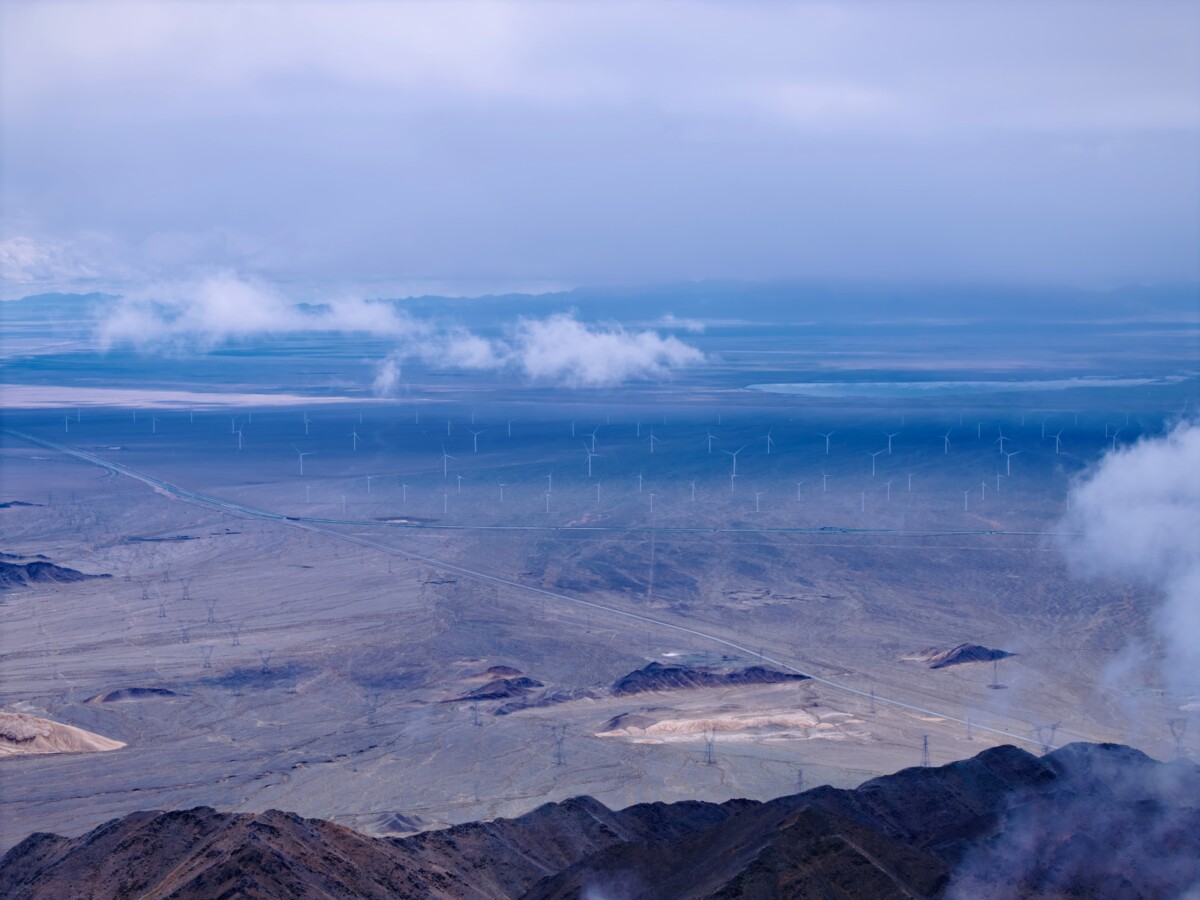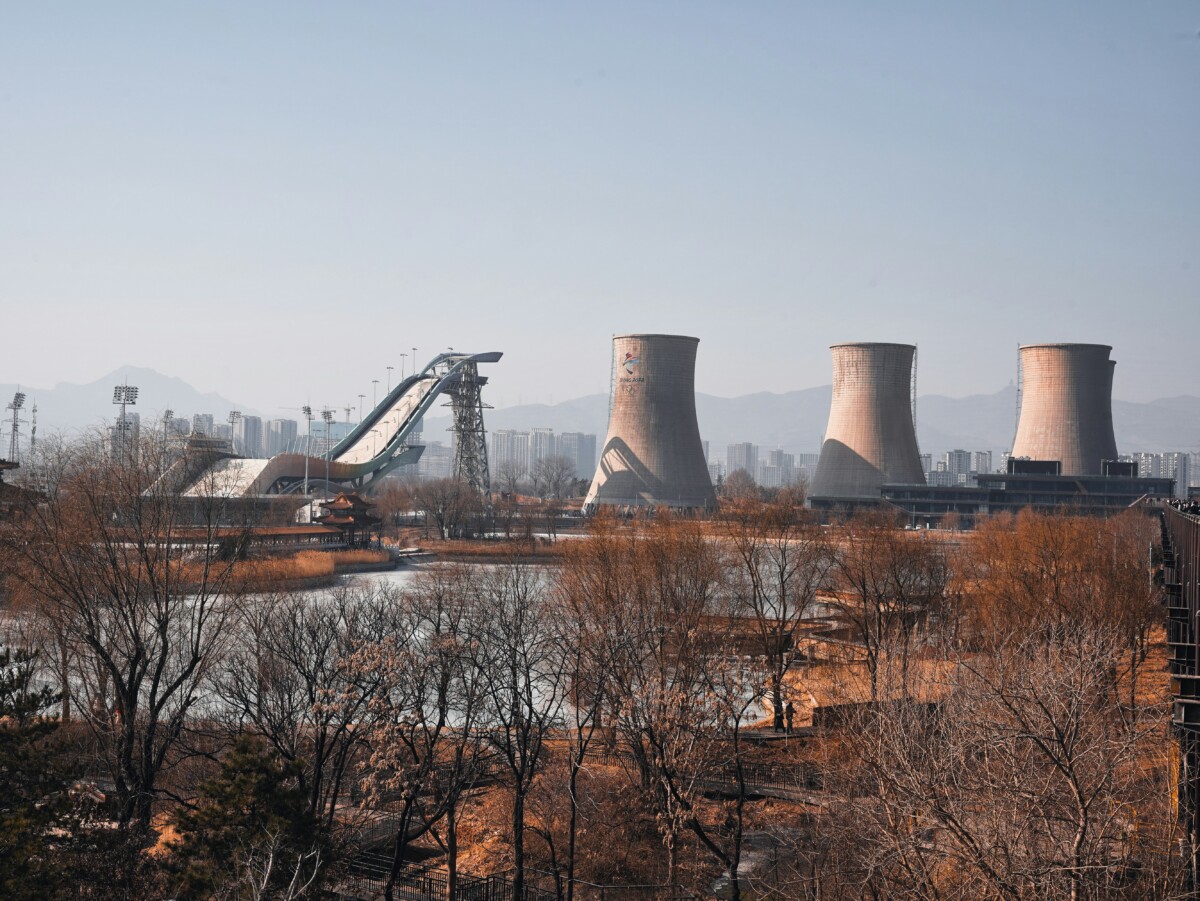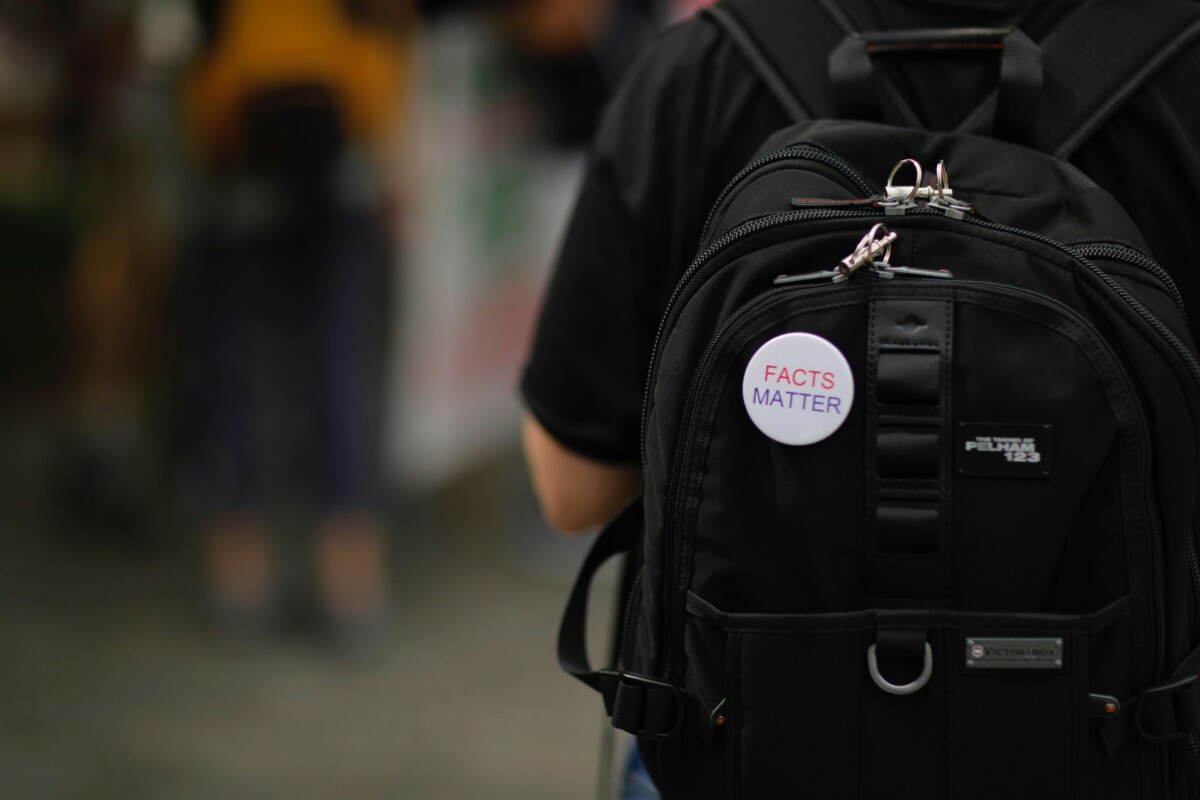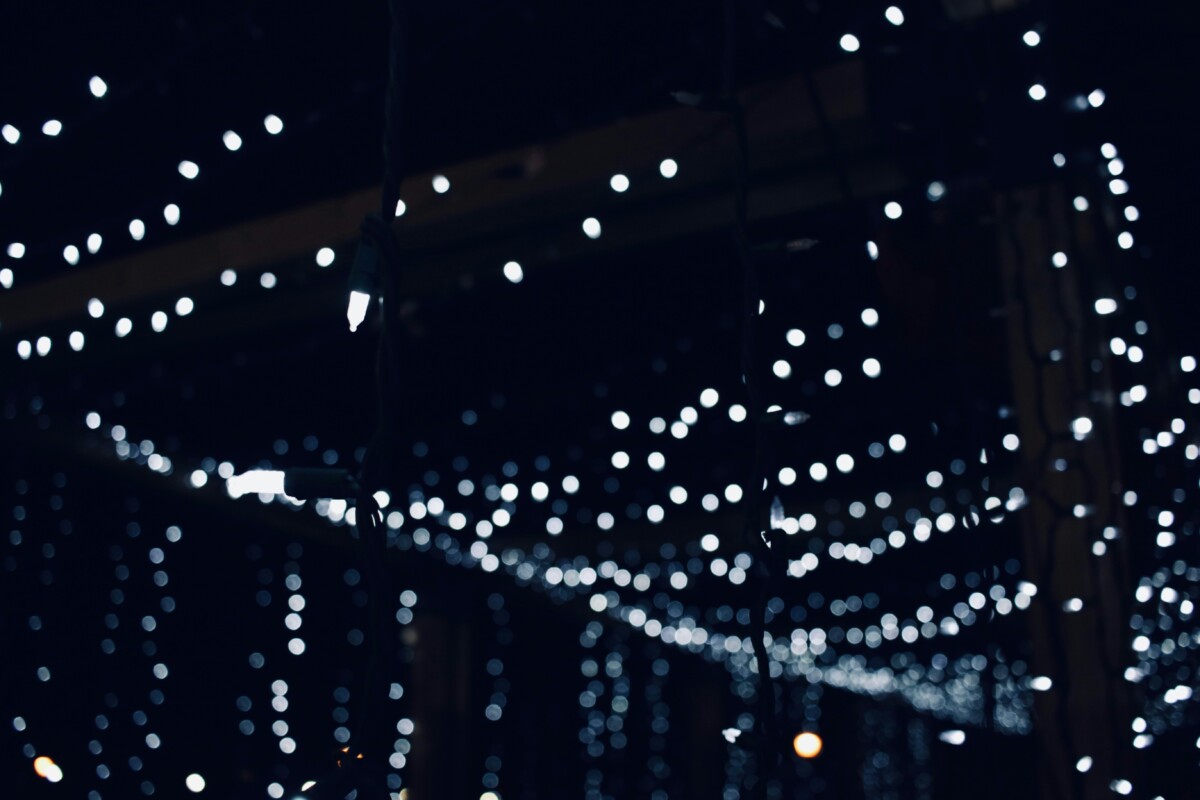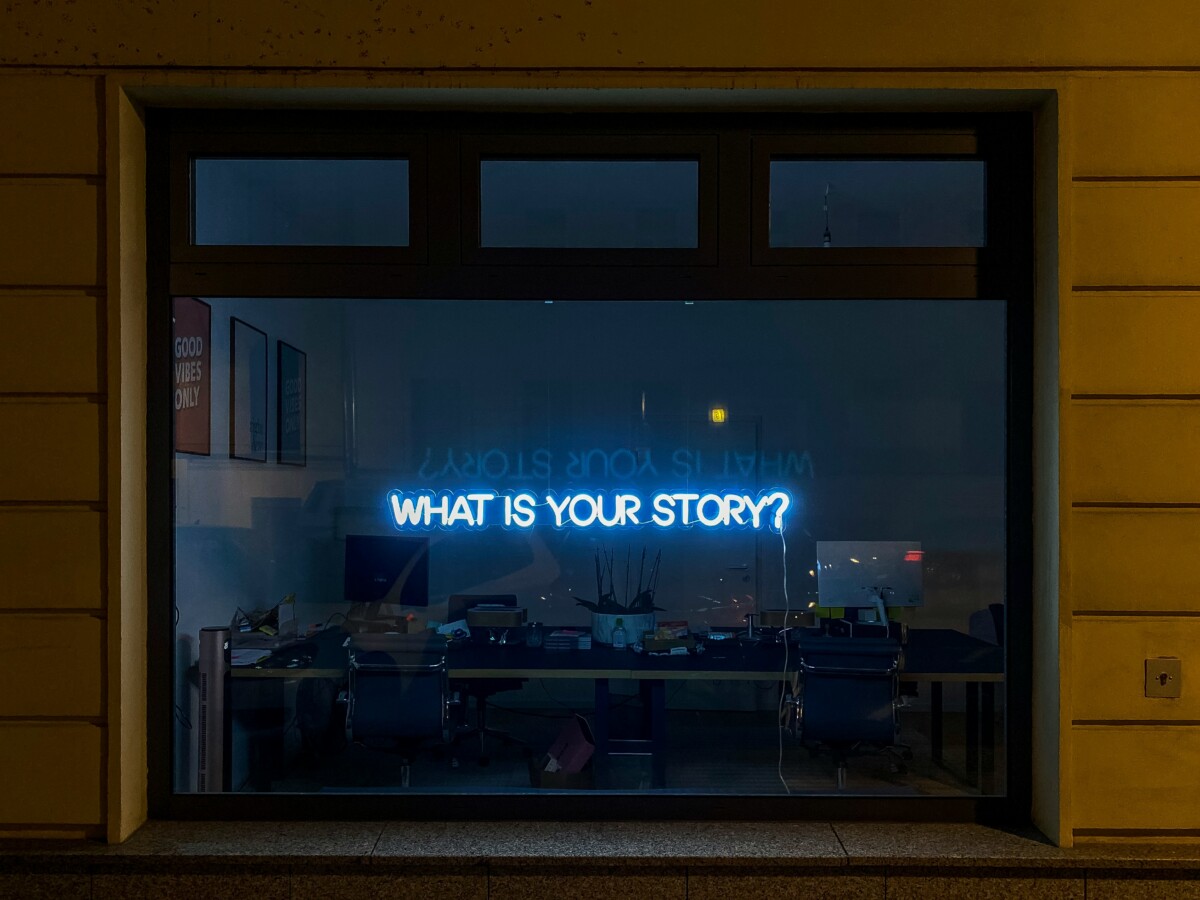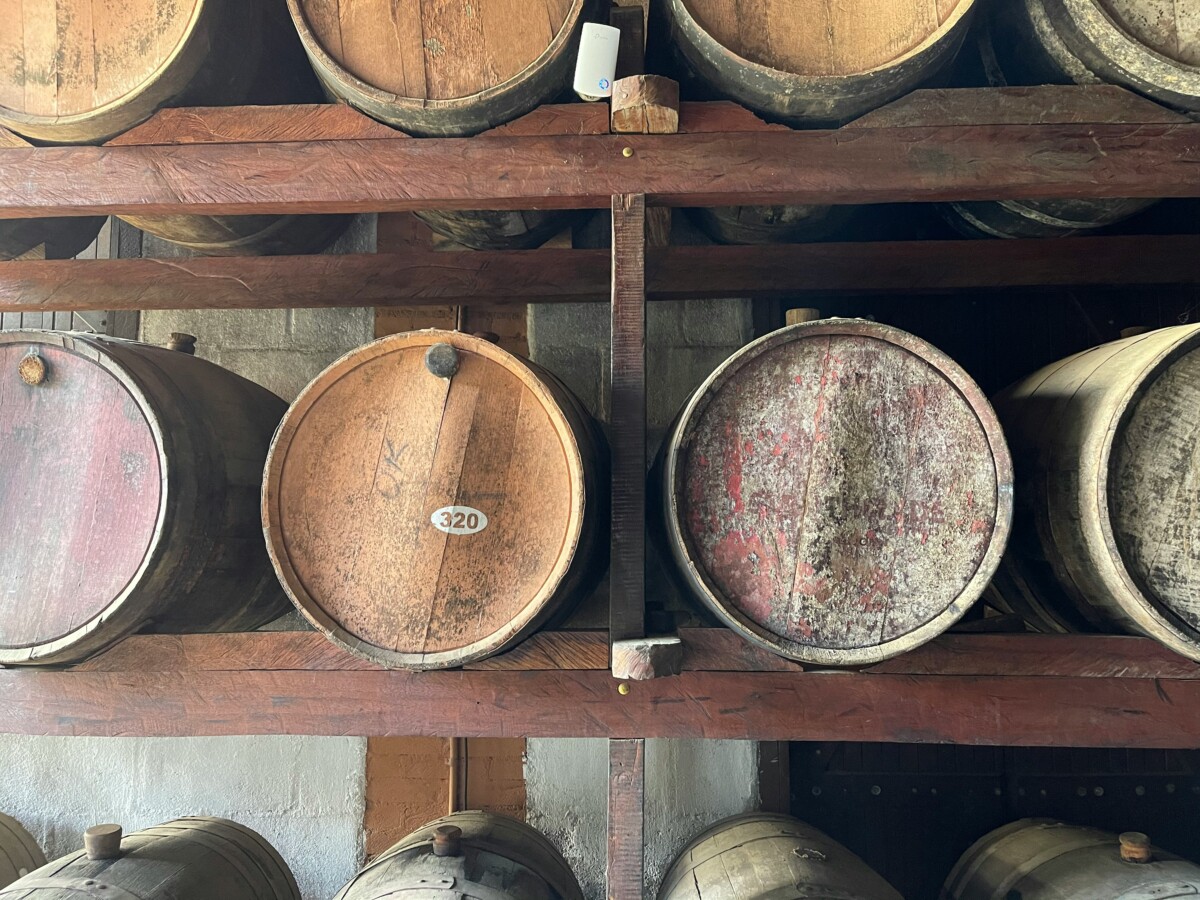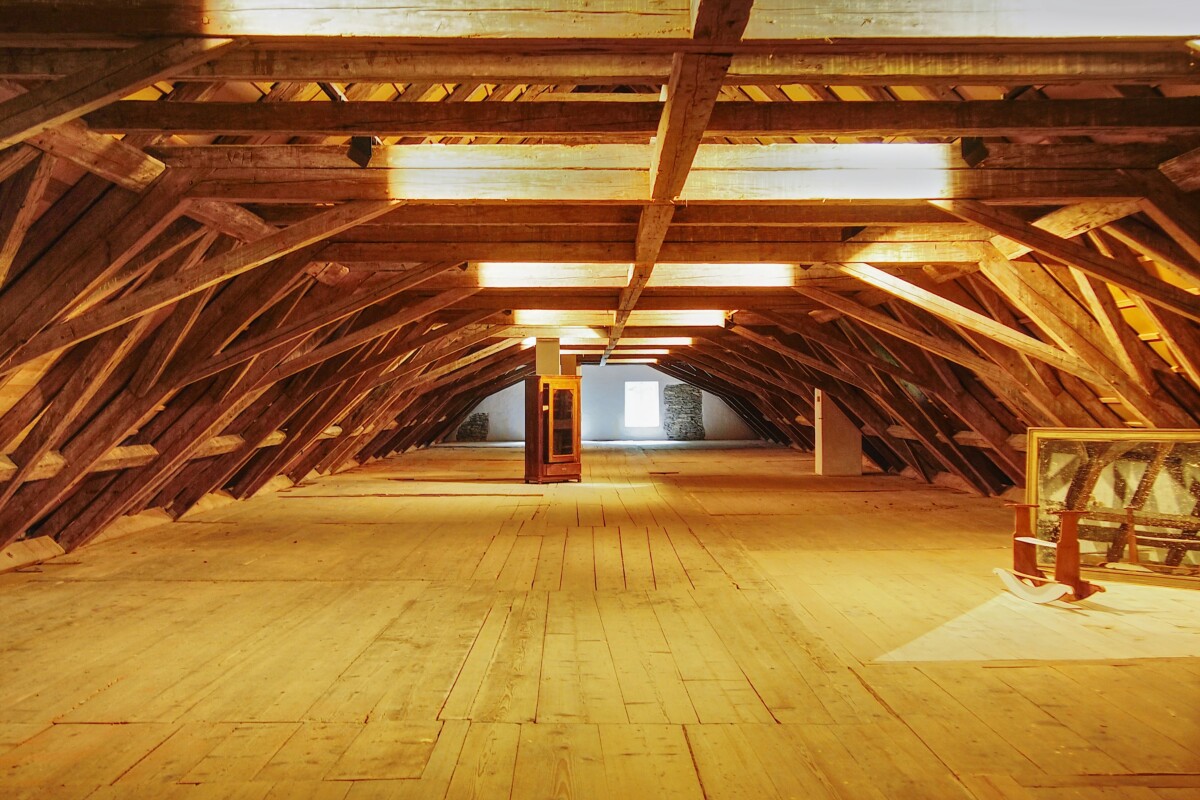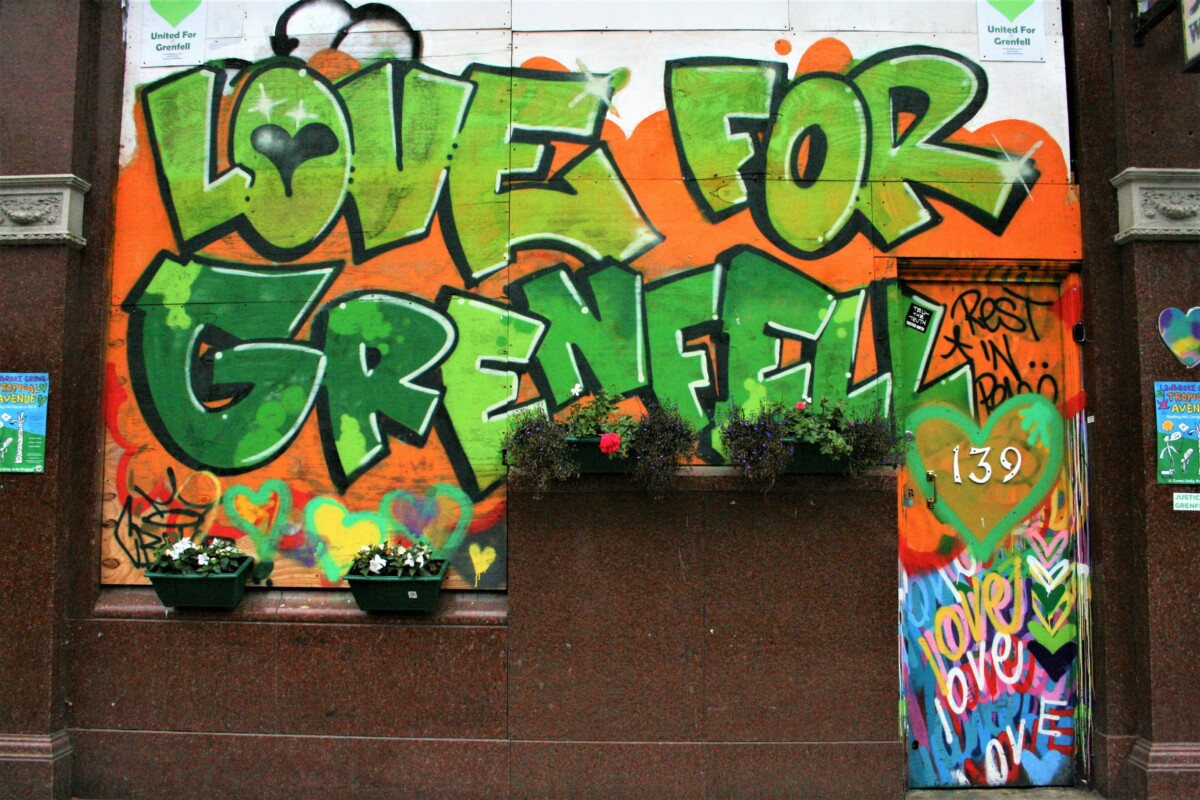From Footprints to Handprints: Measuring What Really Matters
Listen to the full podcast episode on YouTube, Spotify, and Apple Podcasts.
Why this conversation matters
The built environment is responsible for around 40% of global carbon emissions. For years, sustainability in construction has meant counting emissions, writing reports, and checking boxes. But what if the real story isn’t in the footprint we leave behind — it’s in the handprint we create?
This week’s conversation explores that shift with The Responsible Edge host Charlie Martin and Useful Simple Trust’s Head of Sustainability, Carrie Behar.
The origin of a responsible mindset
Carrie’s turning point came early. As a young architecture graduate in 2009, she joined a master’s course in environmental design. The first assignment? Calculate her own carbon footprint.
“I’d just spent a year travelling the world,” she laughed.
“My flight emissions wouldn’t fit on the page.”
That moment turned embarrassment into action. She realised how every individual decision — no matter how small — plays a part in shaping our shared impact.
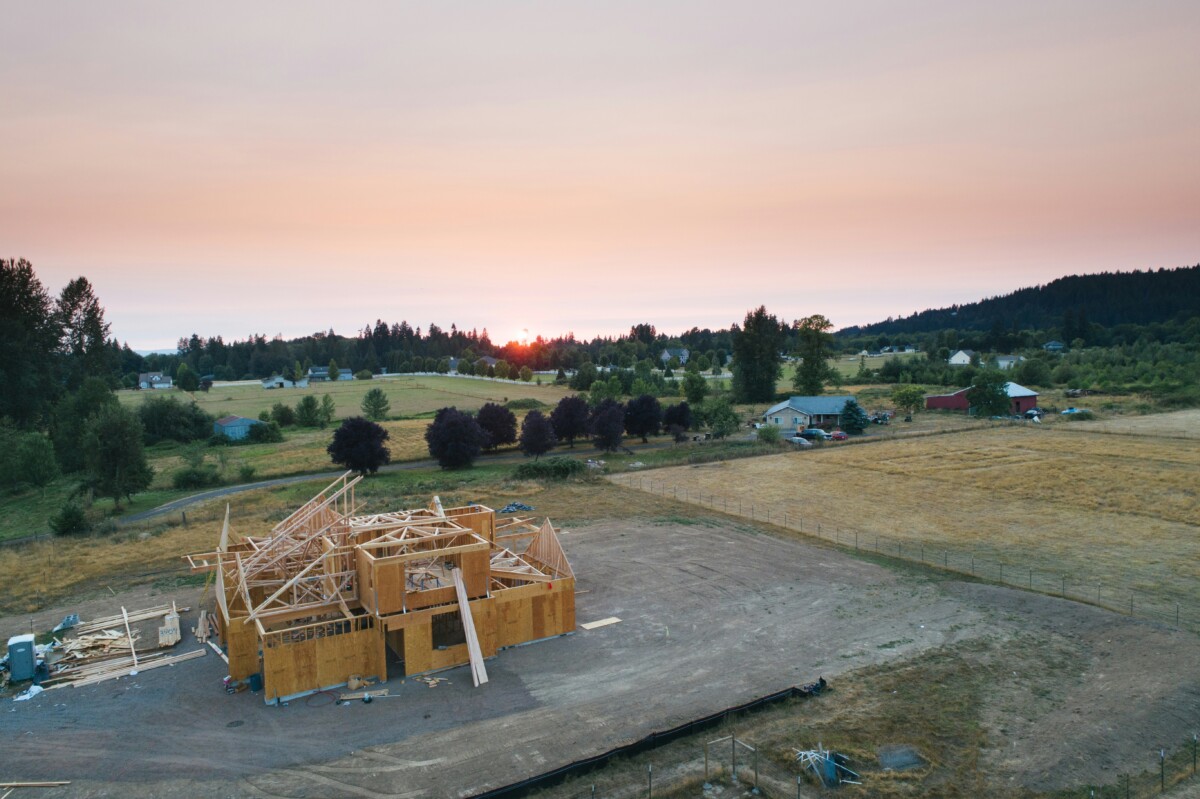
From student to systems thinker
Fifteen years later, Carrie leads sustainability across the Useful Simple Trust, a group of purpose-led design and engineering firms. Her role bridges two worlds: guiding the Trust’s internal transition to net zero, and advising clients on how to design for regeneration.
That balance keeps her grounded. “We can’t ask clients to do something we’re not doing ourselves,” she says.
“Implementing change in-house makes me a more pragmatic consultant.”
Compliance or change?
The discussion centres on a Financial Times article about a surge in ESG regulation. Carrie recognises the tension between the growing focus on compliance and the slower work of transformation.
She admits that smaller teams like hers could spend all their time measuring emissions and writing policies. “It can feel bureaucratic,” she says.
“But a clear strategy is the hook from which everything else can hang.”
By doing the heavy lifting on data and governance, her team frees others to innovate — a reversal of the usual model.
The handprint idea
Carrie’s proudest initiative reframes the entire question of impact. Rather than measuring only the carbon footprint of the organisation, Useful Simple Trust now measures its handprint — the positive influence of its projects across society and the environment.
“Our footprint is small,” she explains, “but our handprint — the ripple effect of our work — is where our real impact lies.”
The tool maps each project along a regenerative design spectrum, forcing the team to be brutally honest about both benefits and harms. It’s data with a conscience.

Responsibility in practice
Carrie sees success not as one department’s progress, but as collective engagement. Her favourite metric is the growing number of colleagues applying for the Trust’s R&D and pro bono investment fund.
“I’d rather everyone does a little bit,” she says, “than just a few people doing a lot.”
This bottom-up model turns sustainability from a policy into a practice — one that belongs to everyone.
Hope for a regenerative future
Asked what she’d change about the business world, Carrie offers two wishes: to measure success beyond financial value, and to give nature a literal voice in decision-making.
At Useful Simple Trust, that might soon mean a board agenda item titled “What would nature say?”
It’s a small but profound shift — from counting emissions to considering ethics. From footprints to handprints.
Sponsored by...
truMRK: Communications You Can Trust
👉 Learn how truMRK helps organisations strengthen the credibility of their communications.
Want to be a guest on our show?
Contact Us.
The Responsible Edge Podcast
Queensgate House
48 Queen Street
Exeter
Devon
EX4 3SR
Recognition.
Join 2,500+ professionals.
Exploring how to build trust, lead responsibly, and grow with integrity. Get the latest episodes and exclusive insights direct to your inbox.
© 2026. The Responsible Edge Podcast. All rights reserved.
The Responsible Edge Podcast® is a registered trademark.
Sponsored by truMRK
© 2026. The Responsible Edge Podcast


